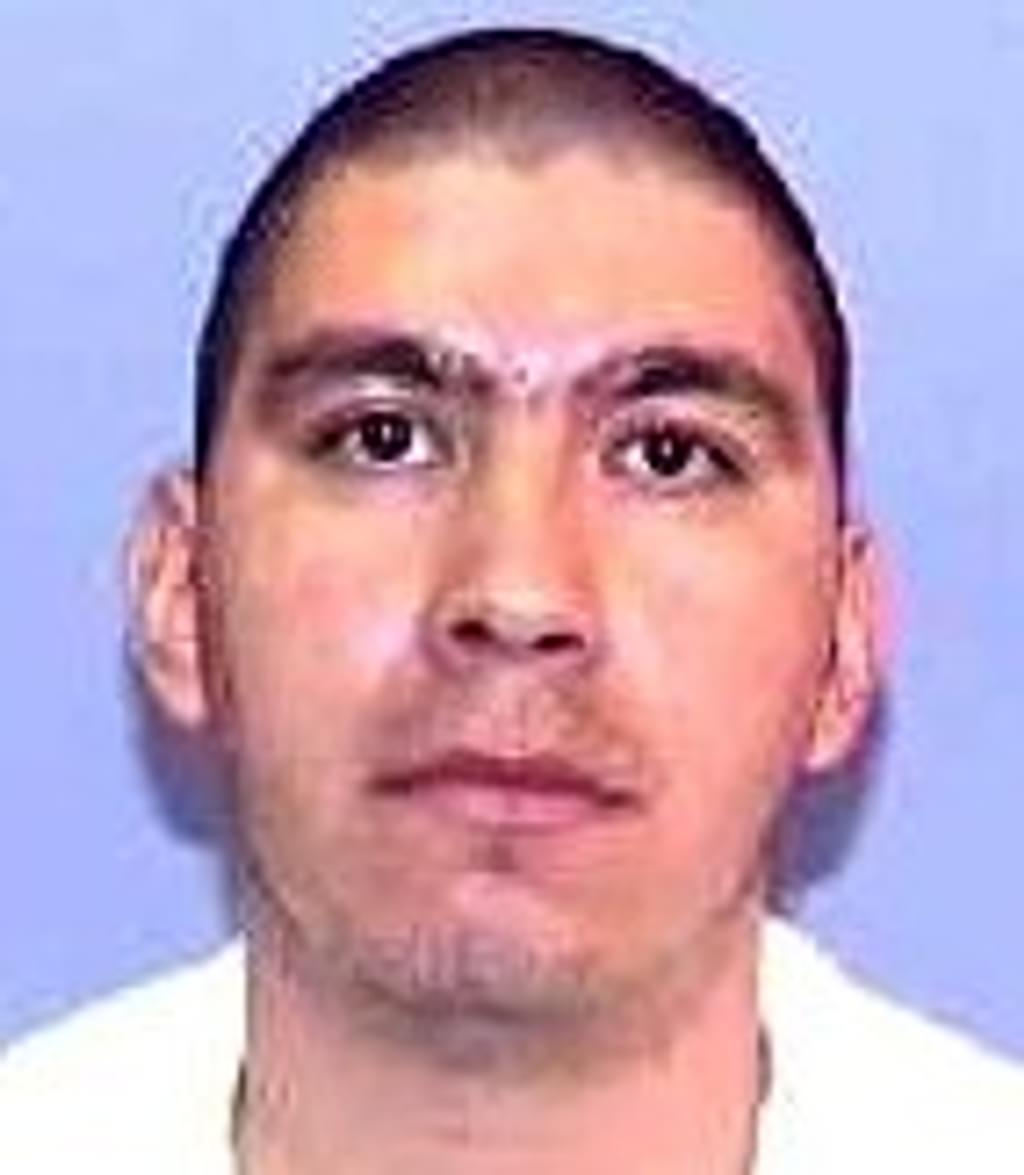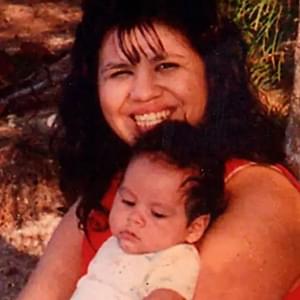
UPDATE: Avila’s execution date has been stayed. Attorneys for Rigoberto Avila have requested an evidentiary hearing under a new law passed in Texas that allows defendants to challenge their convictions if they were gained through outdated forensic techniques. His case will be the first death penalty case in the state to be considered by the courts under this new legislation. Avila, a Navy vetern, was convicted of murder in El Paso in 2001 for the tragic death of a 19-month-old infant. He is scheduled to be executed on January 15, 2014. He has consistently maintained his innocence and wants to introduce a biomechanical analysis of the cause of death and the testimony of a forensic pathologist, tending to show that the infant’s death was an accident. “Finality and certainty is important,” said Cathryn Crawford, one of Mr. Avila’s lawyers, “but we have to also have a criminal justice system that is flexible enough to take into account when we have scientific advancements and to allow people like Mr. Avila to have their day in court.”
Texas leads the country in executions, but new death sentences have dropped significantly, and new legislation has been recently passed to address wrongful convictions.
(B. Grissom, “A New Law Gives Hope to an Inmate on Death Row,” Texas Tribune, September 7, 2013). Read a press release about Avila’s case. See Innocence.




